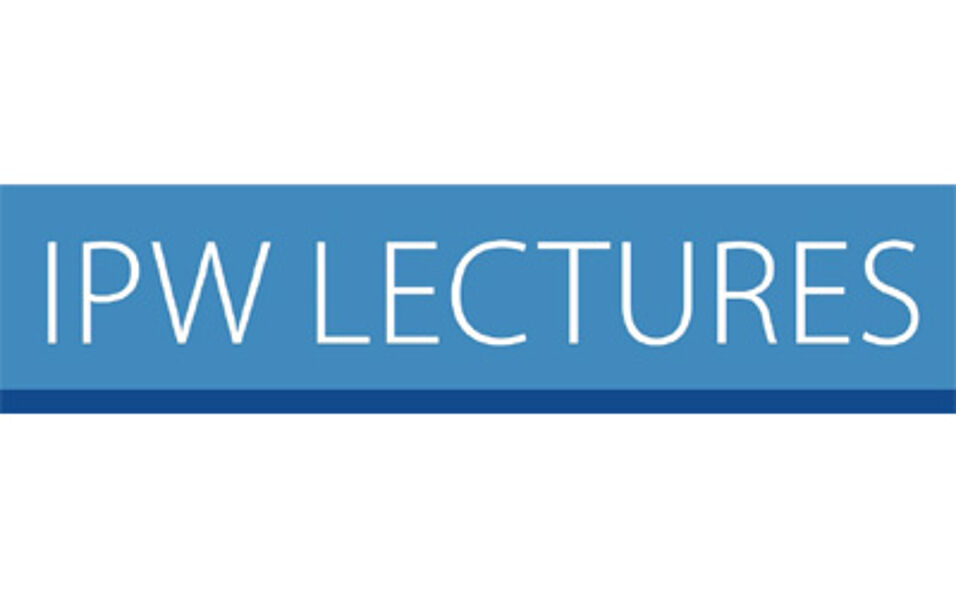When: Wednesday, 19 October 2022, 17:00
Where: online (click for access link or see below)
Lecturer: Leandra Goncalves (Universidade Federal de São Paulo)
Moderation: Ina Tessnow-von Wysocki (University of Vienna)
Abstract:
One of the biggest challenges in contemporary global environmental governance is the future of marine biodiversity. Over the years, increased fishing efforts in previously remote areas drove many fish stocks to scarcity. The Regional Fisheries Management Organizations (RFMOs) emerged to solve the international fishery crisis, on the assumption that they would provide a forum where Member States may agree and discuss binding rules for the conservation and management of fish stocks within its geographical area of responsibility. Although some agreements existed for more than 60 years, many authors agree that they have not been fully effective in promoting the maintenance and conservation of fish stocks. There are many reasons that might explain the lack of effectiveness, one of them being that science is not very often listened to in the political decision-making process. In this research, the influence of knowledge and science in shaping policy decisions will be observed and analyzed. Therefore, the theory of epistemic communities—which forms part of the constructivist turn in international relations—was used to answer the main question posed here: when does power listen to science? When it does, does it bring more effectiveness in terms input from epistemic communities? Does it induce states to change their behavior, and do these lead to policies, which can credibly improve biomass? Using process tracing, through elite interviews, and with a systematic compilation and study of meeting reports from three RFMOs: the Commission for the Conservation of Antarctic Marine Living Resources (CCAMLR); the International Commission for the Conservation of Atlantic Tunas (ICCAT); and the Commission for the Conservation of Southern Bluefin Tuna (CCSBT), the final conclusion is that the science may speak louder to policy, but the strategy, allies, and the ways in which it occurs differ case-by-case.
Access Link:
https://univienna.zoom.us/j/65107280358?pwd=WEkxMC9mSHFsZDU2N01PcGJpUlc2Zz09
Meeting ID: 651 0728 0358
Passcode: RFMOs

